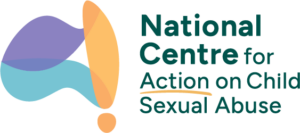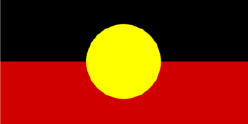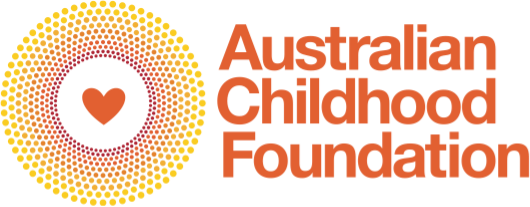Active Research
CHANGE – curtailing harm and navigating growth: evidence for change pathways of young people who have engaged in harmful sexual behaviour
- Response to child sexual abuse
- Prevention of child sexual abuse
- Understanding child sexual abuse
Research Topic areas
- Drivers of child sexual abuse
- Harmful sexual behaviours
- Therapeutic responses
Project Duration
Start: July 2023
End: July 2026
Geographical Scope
NSW
Populations
Offenders/those engaging in child sexual abuse
Children (6-12 years)Adolescents (13-17 years)Young adults (18-25 years)
Gender
All genders
Project Lead
Professor Jo Spangaro, University of Wollongong
Dr Kenny Kor, University of Wollongong
Project lead email: spangaro@uow.edu.au
Project Team
Professor Simon Hackett, Durham University
Professor Jason Payne, Griffith University
Dr Summer Finlay, University of Wollongong
Dr Jacqui Cameron, University of Wollongong
Karlie Stewart, University of Wollongong
Associate Professor Julaine Allan, Charles Sturt University
Dr Cameron Langfield, University of Wollongong
Background
Early intervention for young people who engaged in harmful sexual behaviour is seen as crucial to secondary prevention. However, considerable shame is attached to seeking help for this stigmatised, hidden behaviour, and those who do receive help often withdraw from intervention. Current interventions also largely focus on risk reduction, rather than longer-term life-course outcomes.
Aims
CHANGE aims to investigate factors that contribute to completion and non-completion of specialist intervention for harmful sexual behaviours, examine how the completion and non-completion groups differ in recidivism and wellbeing outcomes after intervention, and identify change pathways to cease harmful sexual behaviours and improve life-course outcomes.
Methods
This mixed-methods design includes data linkage to compare recidivism and life-course outcomes between intervention completers and those who withdraw, interviews with young people and families about their lived experiences in education, employment, relationships, health and culture, and realist analysis to identify pathways to change.
Significance and Dissemination
CHANGE will contribute research-formed knowledge to help services develop more effective strategies to enable young people’s completion of intervention and enhance safety, and develop more nuanced policy responses in re-design of the service system to reduce recidivism and address young people’s long-term developmental needs.
Further Details
Share project
Funding body:
The National Centre for Action on Child Sexual Abuse
The National Centre for Action on Child Sexual Abuse
Funding budget:
$240,188 grant
$240,188 grant
Monitoring and governance:
This project is guided by oversight of the Project Advisory Group
This project is guided by oversight of the Project Advisory Group
Australian Human Research Ethics Committee:
This project is subject to ethical oversight by the Sydney Children's Hospital Network Research Ethics Committee, NSW Population & Health Services Research Ethics Committee, and the NSW AH&MRC Human Research Ethics Committee
This project is subject to ethical oversight by the Sydney Children's Hospital Network Research Ethics Committee, NSW Population & Health Services Research Ethics Committee, and the NSW AH&MRC Human Research Ethics Committee
Related posts: Response to child sexual abuse
Prevention
Understanding best practice and the role of professionals in preventing child sexual abuse and harmful sexual behaviours
Chelsea Farrugia
Australian Catholic University
Australian Catholic University
Prevention of child sexual abuse
Upskilling the community sport volunteer workforce to respond to child abuse in sport: a collaborative research project
Aurelie Pankowiak
Institute for Health and Sport, Victoria University
Institute for Health and Sport, Victoria University






